How to Stay Safe While Metal Detecting?
Metal detecting is an exciting hobby. You’ll find all kinds of things you can brag about to your friends. From War relics to valuable coins and jewelry — not to mention finding gold — your finds can sometimes cover the cost of your detector. Metal detecting is something that the intellectually curious and adventure seekers flock to. Take a few precautions to stay safe while metal detecting.
Metal Detector Accessories
Every detectorist needs the right metal detector accessories. That includes a first aid kit, bug spray, sunscreen, and plenty of water and snacks. You’ll also need some good gloves.
Metal objects can be sharp, so get a pair that are either dipped in latex or polyurethane coated. You should also consider bringing a pinpointer this will help to avoid unnecessary digging through sharp objects.
Bring a set of walkie-talkies as well. It’s easier to ask for help with the push of a button if you need it, and you may also not have cell reception in some areas. Hunt with someone else when possible, but if you don’t, make sure to tell someone exactly where you’re going.
Stay Safe While Metal Detecting Despite Dangers
Even the most scenic areas can have hidden dangers. Watch out for snakes, especially in warmer climates. Snakes tend to hide in brush piles and firewood. Wasps, hornets, bobcats, bears, you name it… they’re all out there. Be aware of your surroundings at all times.
Watch out for swift currents when you’re detecting in or around water in order to stay safe while metal detecting. Avoid getting heat stroke by drinking lots of water and staying in the shade, and dress in layers during the cooler months. If you metal detect in the woods, you’ll encounter thorns and other potentially painful things, so be careful.
Unfortunately, you may also encounter needles as you dig. Your gloves should protect you from that danger as well. Avoid touching anything that could be connected to drug use, including old bottles and hoses.
Metal Detector Finds
Relic hunters often detect old battlefields, which means there are lots of old artillery shells, bullets and other unsafe metal detector finds. The shells could still be live, so dig carefully. The same can be said of old grenades and even bombs. In Europe, people find grenades and bombs more often than in the U.S., but you never know where the military may have tested weapons.
If you register a large chunk of iron with your metal detector, don’t hit it with a shovel. If you do see that you’ve uncovered a grenade or weapon, stop digging immediately and contact the authorities. Do not dig it up. They’ll be able to properly dispose of it so that you can stay safe while metal detecting.
Dig slowly and methodically as you detect to avoid setting off any accidental explosions in battlefields.
Sharp edges on old pieces of metal can pose a danger, too, so be sure to wear your gloves.
Encountering Other People While Metal Detecting
Always be aware of other people as you’re metal detecting, especially if you’re detecting alone. Have a way to contact someone quickly in case of emergency, and bring something with you to protect yourself.
To avoid unnecessary confrontation with land owners, always be sure to ask permission before you metal detect on private land. It’s important to know the laws before you start detecting.
The most important thing in all situations is to be aware of your surroundings in order to stay safe while metal detecting. Observe other people, listen and watch for wild animals, and go slow. Don’t mess with any weapons, whether they’re historic or recent. Always contact the authorities and let them deal with it.
Metal Detecting Laws For Beginners
If you’ve been bitten by the metal detecting bug and are searching for great hunting sites beyond your own backyard, then it’s important that you know the metal detecting laws surrounding your new hobby.
Where will you search next? And how do you know that it’s legal to dig there? It’s crucial that you know the answers to these questions and more before you set out hunting.
Metal Detecting Laws: Where to Dig
If you don’t know where to begin, here’s a list of some places you may find some hidden treasures to get you started:
- Beaches and shorelines
- Local parks
- School playgrounds
- Old churches
- Abandoned homesteads
- Private property
- War battle sites
Doing some research into your town’s history will help you find some promising places. You may find that the sites you’re interested in are public ground and think that it’s OK to hunt there, but there are some considerations you need to think about before you break out your shovel. You can read more about where to metal detect here.
Before You Dig
Before you start hunting and digging holes, you need to be sure you won’t be breaking any laws. While metal detecting is a great hobby for a variety of reasons, the downside is that if you don’t play it safe, you could find yourself in some trouble.
If you haven’t obtained permission to dig the site where you are hunting, you may be looking at harsh fines, misdemeanors, or even felony offenses where you could end up in jail. And you can’t plead ignorance, so you have to know the laws about where it’s legal to dig and where it isn’t.
As you become more experienced detecting and you talk with other detectorists, you will probably hear about people who skirt the laws and play it dangerously to find treasure. Don’t fall victim to that type of detecting – even though it may be tempting. The odds really are not in your favor.
Instead, find out as much as you can about metal detecting laws in your area and always get permission to hunt and dig a site before you start swinging your metal detector.
Know the Local Metal Detecting Laws
Your best course of action when nailing down a site to dig is to always inquire before you start. If you are considering private property, the metal detecting laws are pretty simple – you can usually hunt if you have the permission of the property owner. There are exceptions though, for example if the site is an historical or archaeologically significant site, you cannot dig there.
When the site you are considering is government-owned, you have to talk to officials before you start digging as there isn’t always consistency in what is allowed and what isn’t. While you may have gotten permission to hunt one government-owned site, that doesn’t always mean that you can legally search another.
The rules for detecting on city properties can also differ from city to city. While one municipality may allow detecting in its local parks, another may not. You may find that some post signs about the legality of detecting in certain areas. That’s great if it’s spelled out for you, but if it’s not, don’t dig until you have permission.
It’s no different when you want to hunt schoolyards – gaining permission is essential. You can start with officials at the particular school, but it may be easier to go straight to the superintendent’s office for permission. You may be able to obtain the go ahead for all the school in the district that way.
Fortunately if you want to metal detect on the beach it’s typically allowed. Most beaches allow you to search because digging in the sand is what people do there. Just be aware that if the beach you intend to search is part of a state or federal park, you have to get clarification from governing officials.
Search Smart
The main thing to remember is that a little bit of research and obtaining metal detecting permission is the name of the game for this hobby. It’s sometimes a hassle, but in the end, it’s worth it. You may find valuable treasure and you won’t get in trouble doing it.

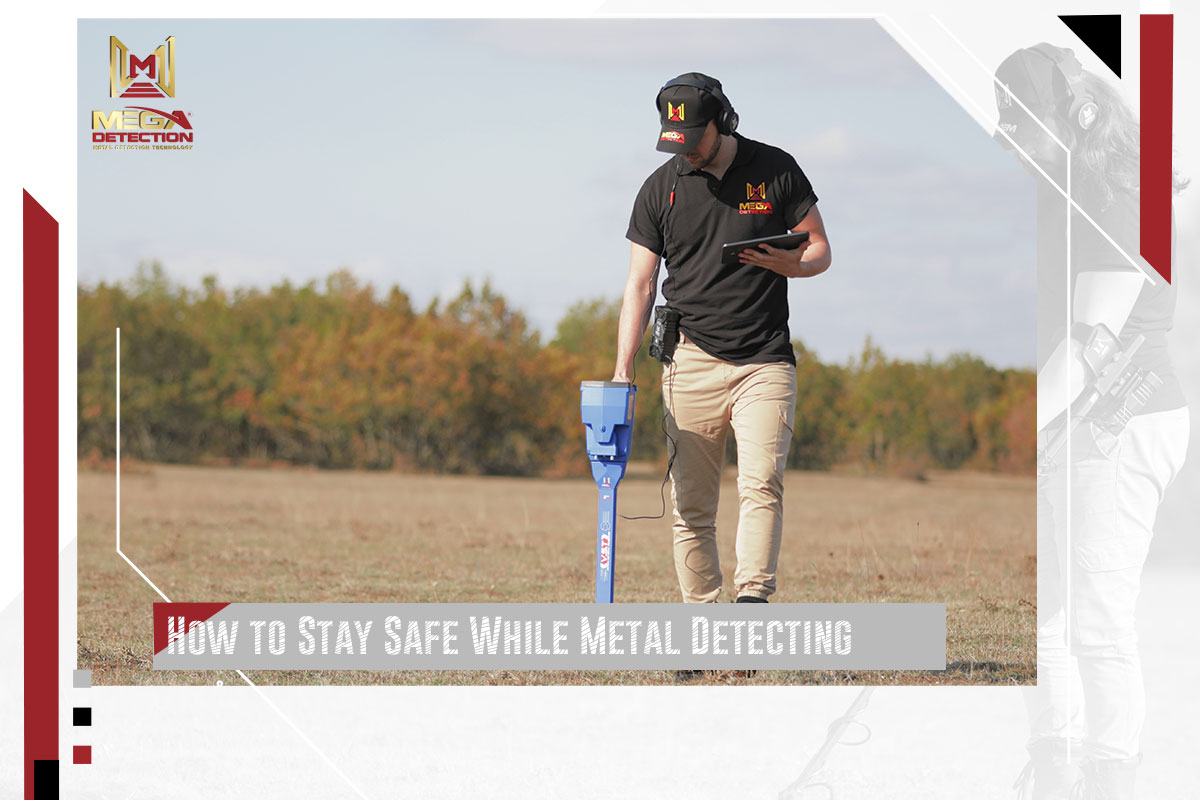
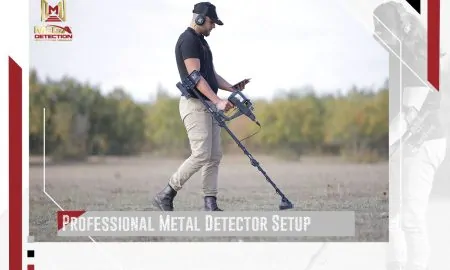
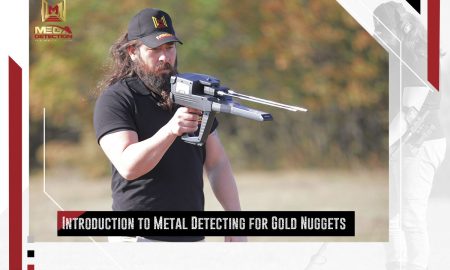

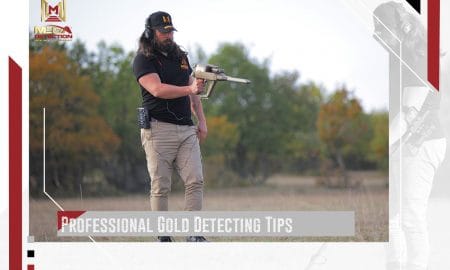

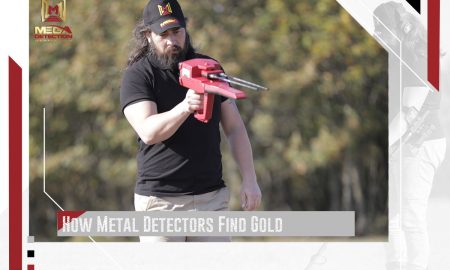

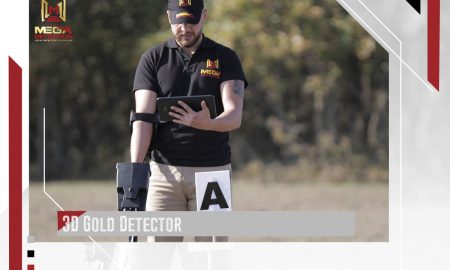

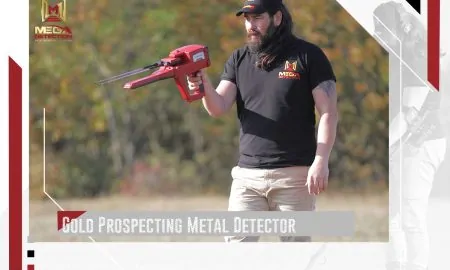
Leave a Reply